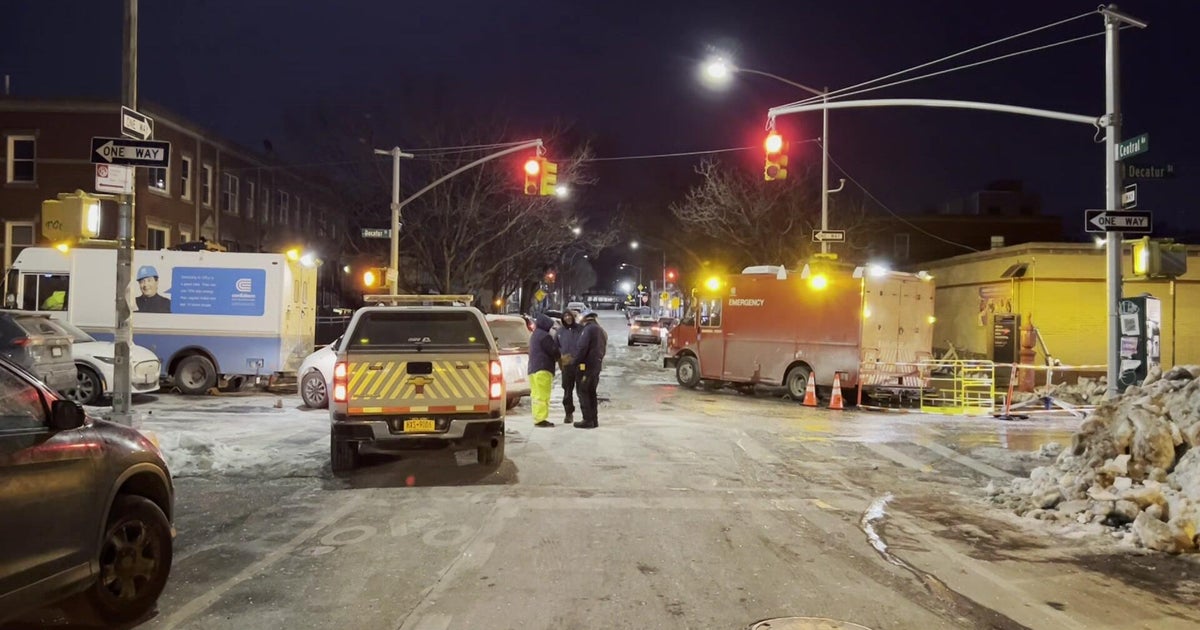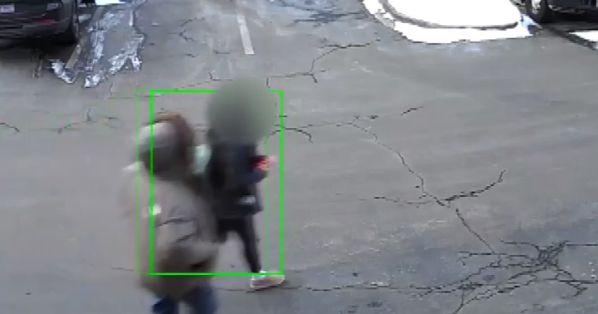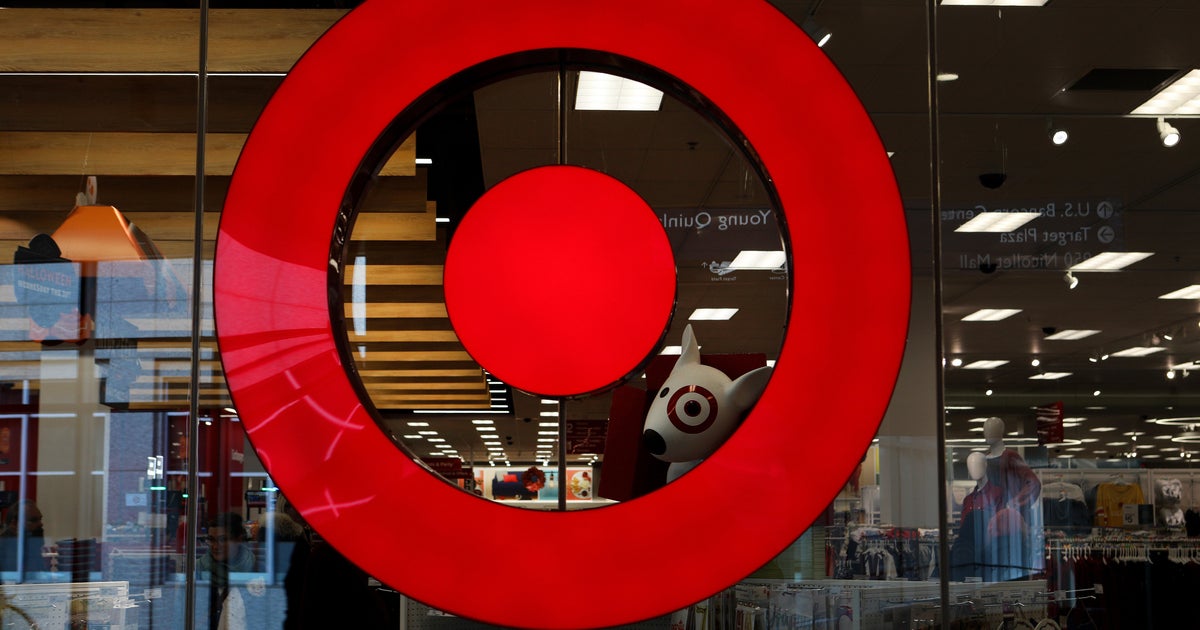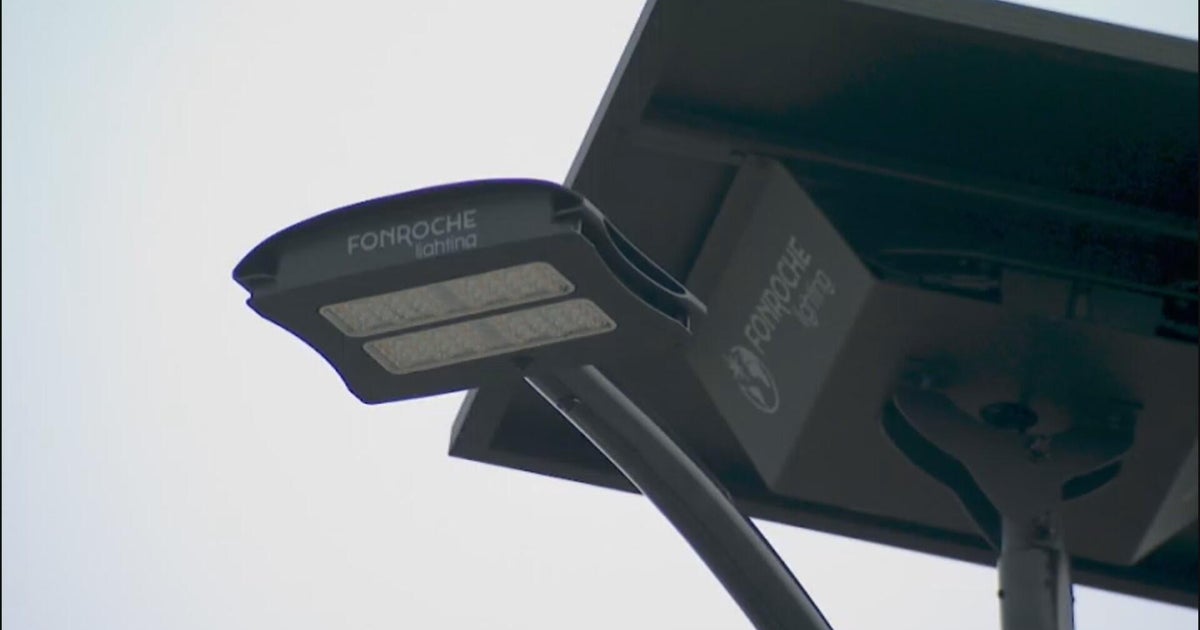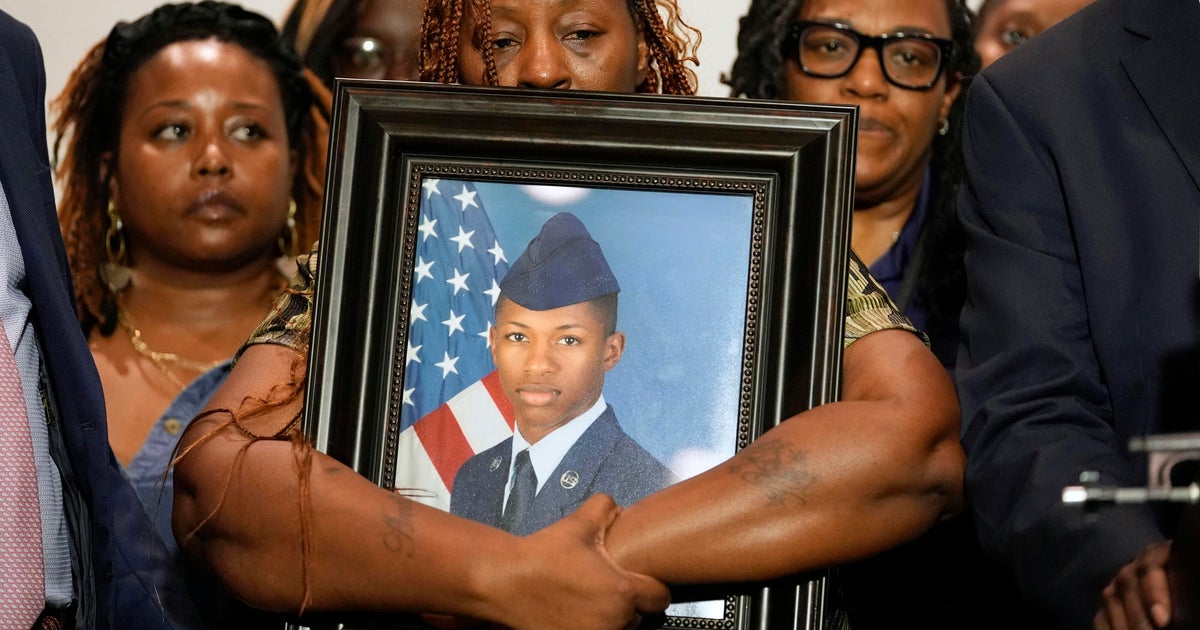Duquesne Light Employees To Assist With Florida Outages
Follow KDKA-TV: Facebook | Twitter
SARASOTA, Fla. (KDKA) -- Duquesne Light employees are heading to Florida, where millions have lost power because of Hurricane Irma.
Paul White has been Florida since 1985. He is originally from Freeport, but after all these years, he knows how to prepare for a storm. But facing no power for days, even weeks means a change in the plan. He has extra batteries for his cell phone, and now the big worry is it could be days or weeks before the power is restored.
"If that's the case, we'll just have to try to find a generator somewhere," White said late Sunday. "I would think that our Lowes or Home Depot would come to the rescue."
One of the challenges facing Florida right now is that crews can't even begin to assess the damage to power lines until rain and wind stop. As of Sunday, there were 3.3 million homes and businesses without electricity, and that number is expected to grow. It also means the cost of fixing the power outage will be significant.
Gregory Reed of Pitt's Center for Energy reports restoring power to so many will take time.
"The equipment is expensive. The time it takes to position everyone and get the crews out there and get everything back in service is a very complicated process," Gregory Reed, of the University of Pittsburgh's Center for Energy, said.
Last week, Duquesne Light dispatched 14 contractors to help Georgia Power, and they will add to that effort Monday morning.
Duquesne Light spokesperson Jessica Rock said it's not clear how long the Duquesne Light crews will be helping out, but they are willing to do their share.
"We're also sending, at 9 a.m. [Monday] morning, 25 Duquesne Light employees scheduled will be departing for Florida to help Florida Power and Light with their restoration efforts," she said.
What will make the restoration a little easier – Florida put a sophisticated power system in place after the last hurricane. That could make the process of getting the lights back on a little easier. It's called a smart grid and it uses technology to troubleshoot.
"Instead of requiring and depending totally on crews to go out and physically reposition or reconnect devices and systems, a lot of this can now be done through automated systems that have been put in place," Rock said.
